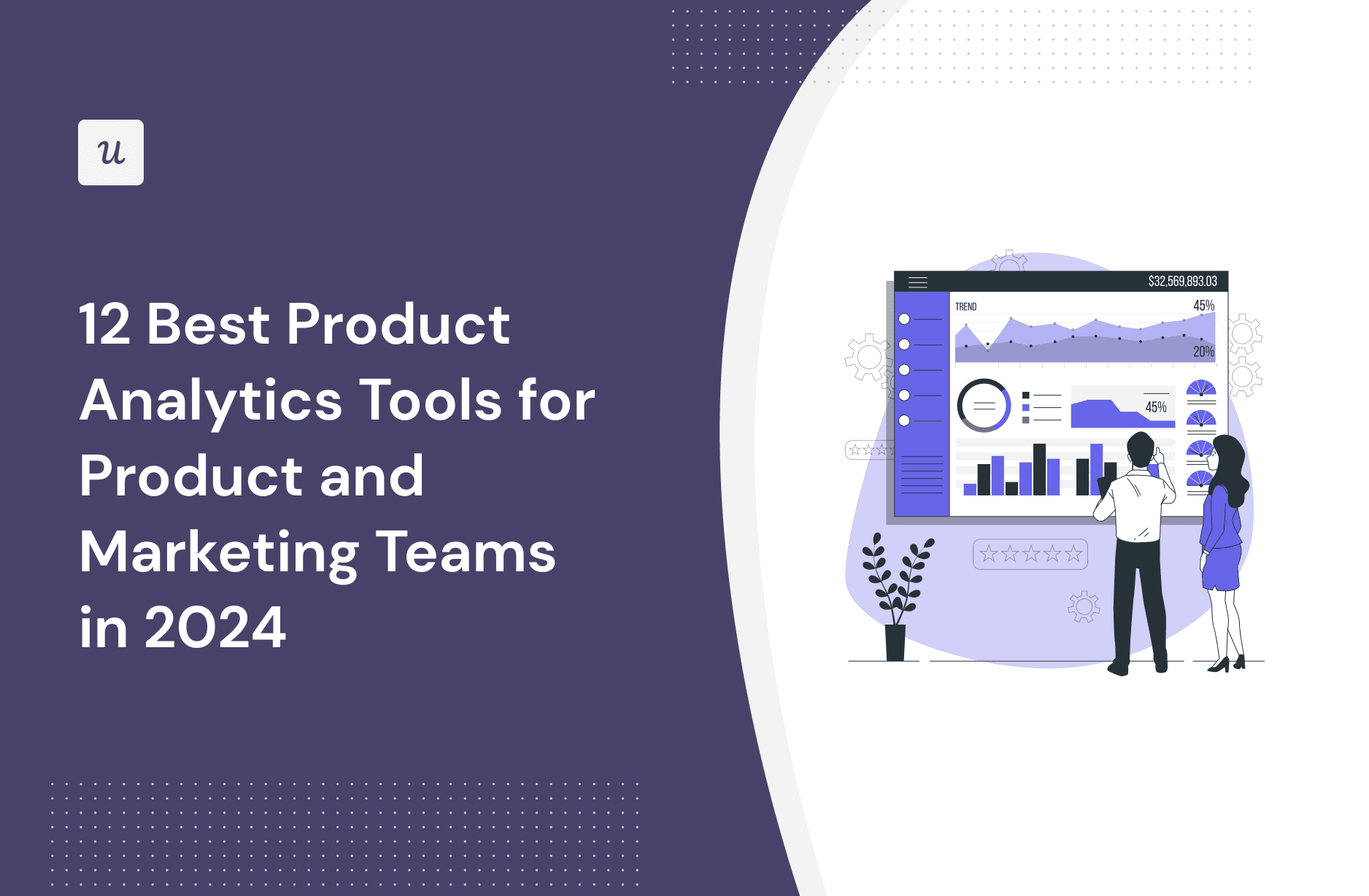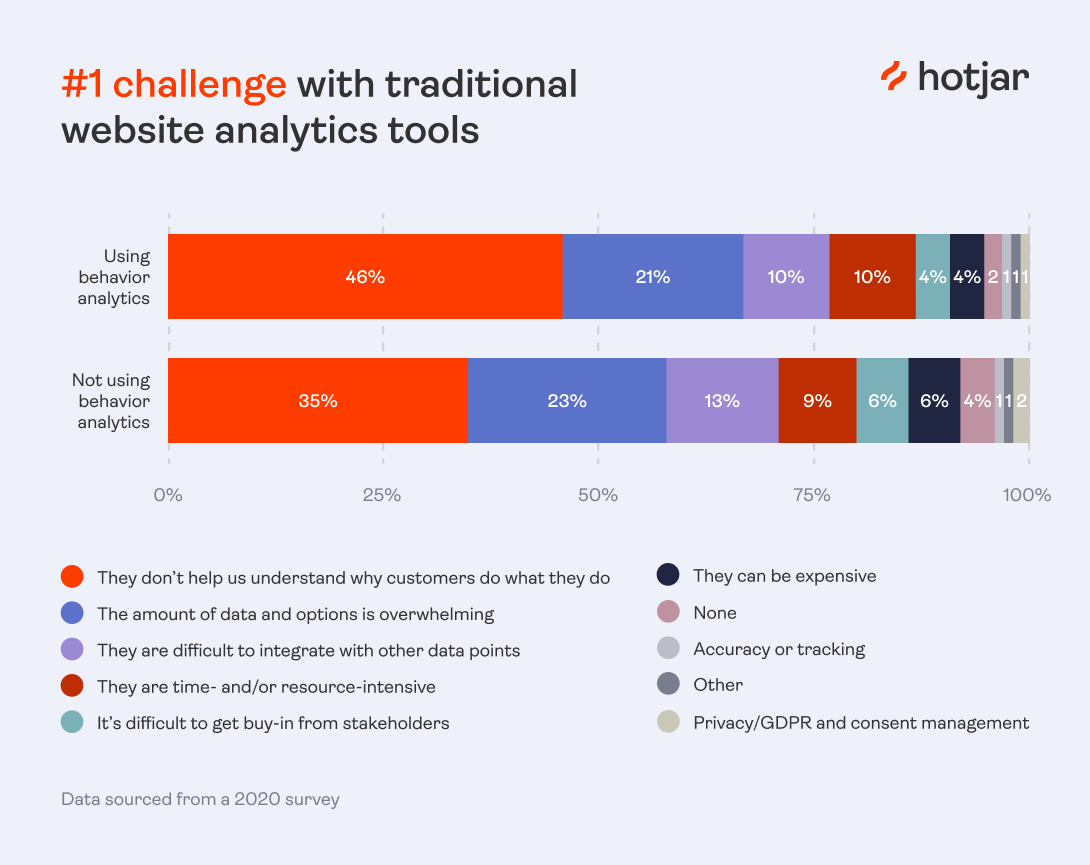Achieve Company Goals Faster Via Tailored Analytics Providers
Achieve Company Goals Faster Via Tailored Analytics Providers
Blog Article
Increase Effectiveness and Success Through Information Analytics
In today's data-driven landscape, services are increasingly identifying the critical duty of data analytics in boosting operational performance and success. By methodically evaluating information, organizations can discover crucial understandings that inform calculated decisions, improve procedures, and tailor client experiences.
Recognizing Data Analytics
In today's data-driven landscape, comprehending information analytics is vital for companies aiming to improve functional efficiency and drive earnings. Information analytics involves the organized computational analysis of information sets to discover patterns, relationships, and insights that notify decision-making. By using numerous techniques, such as statistical analysis, artificial intelligence, and predictive modeling, organizations can change raw information right into workable knowledge.
The procedure generally begins with information collection, where appropriate info is collected from numerous resources, consisting of transactional data sources, consumer communications, and market fads. This information is after that cleansed and arranged to ensure accuracy and consistency. As soon as the information is prepared, logical devices and software are utilized to explore and imagine the info, allowing stakeholders to determine patterns and anomalies.
Ultimately, comprehending data analytics encourages organizations to make educated decisions based on empirical proof instead of intuition. It assists in targeted methods that can enhance resource allocation, improve customer satisfaction, and enhance total efficiency. As companies increasingly recognize the worth of data-driven insights, a strong grasp of data analytics becomes a vital competency for groups and leaders alike, positioning them for continual success in a competitive environment.

Key Advantages for Companies
Businesses that utilize data analytics can open a wide variety of advantages that substantially enhance their procedures and success. Among the primary advantages is boosted decision-making. Data analytics gives actionable understandings stemmed from real-time data, permitting companies to make informed choices that line up with market needs and consumer preferences.

Furthermore, data analytics promotes improved client experiences. By comprehending client actions and choices, organizations can customize their offerings, bring about raised satisfaction and loyalty. This personalized method typically leads to higher conversion rates and repeat business.
In addition, information analytics makes it possible for organizations to recognize emerging trends and opportunities. By remaining in advance of the curve, organizations can utilize on new markets and advancements before their competitors.
Implementing Data-Driven Strategies
Effective application of data-driven methods needs an extensive understanding of both organizational objectives and offered data resources. Organizations must initially define their purposes clearly, ensuring placement in between information initiatives and critical goals. This clarity makes it possible for teams to concentrate on appropriate metrics and understandings that drive decision-making.
Following, businesses should examine their existing data framework. This click resources involves reviewing data top quality, availability, and integration capacities. Premium information is vital for accurate analysis, as inadequate information can result in illinformed techniques and thrown away resources. Organizations needs to develop processes for data collection, cleansing, and administration to maintain data stability.
Furthermore, promoting a data-driven culture is crucial. Staff members whatsoever levels must be urged to leverage data in their daily operations. Training programs and workshops can improve information proficiency, encouraging team to make informed decisions based on analytical insights.
Tools and Technologies Overview
A robust suite of tools and technologies is vital for organizations intending to harness the complete potential of data analytics. These devices assist in the collection, processing, and visualization of data, allowing organizations to derive actionable understandings.
At the fundamental degree, data administration platforms such as SQL databases and NoSQL systems provide reliable information storage space and access capabilities. For data handling and analysis, shows languages like Python and R, in addition to structures such as Apache Flicker, allow complex calculations and artificial intelligence applications.
Visualization devices, consisting of Tableau and Power BI, transform raw data right into user-friendly graphical formats, making understandings easily accessible to stakeholders in any way levels. Additionally, cloud-based systems like Google Cloud and AWS use scalable storage and processing remedies, fitting the growing quantities of data organizations run into.
For sophisticated analytics, predictive modeling and AI-driven remedies are progressively adopted, permitting business to forecast patterns and enhance decision-making procedures. Integrating these devices into existing operations is vital; organizations that efficiently take advantage of this technology can significantly improve operational effectiveness and drive success. Hence, buying the right tools and innovations is a critical vital for any data-driven organization.
Situation Studies of Success
Leveraging information analytics has led many organizations to attain remarkable renovations in efficiency and profitability. One notable situation is a huge retail chain that implemented predictive analytics to enhance stock monitoring. By analyzing historical sales information and customer trends, the company decreased excess stock by 30%, bring about substantial cost financial savings and boosted cash money circulation.
An additional instance can be located in the production field, where a leading auto manufacturer utilized information analytics to boost its manufacturing procedures. By monitoring equipment efficiency in real-time, the company determined inefficiencies and bottlenecks, resulting in a 20% increase in total tools performance (OEE) This not just improved his comment is here production prices yet additionally decreased downtime and upkeep expenses.

These study highlight how information analytics can drive tactical decision-making, enhance processes, and eventually boost both effectiveness and earnings across different sectors.
Final Thought
In conclusion, the integration of data analytics into company operations presents substantial opportunities for enhancing efficiency and success. By systematically evaluating data, organizations can identify inefficiencies, maximize consumer experiences, and make educated choices.
In today's data-driven landscape, comprehending data analytics is vital for organizations aiming to enhance functional performance and drive earnings. Data analytics involves the systematic computational analysis of data collections to reveal patterns, relationships, and understandings that notify decision-making. Information analytics offers actionable understandings derived from real-time information, permitting services to make educated choices that align with market needs and consumer choices.
High-grade information is necessary for precise evaluation, as inadequate data can lead to misguided approaches and lost resources. Organizations has to establish procedures for information collection, cleaning, and monitoring to maintain information integrity.
Report this page